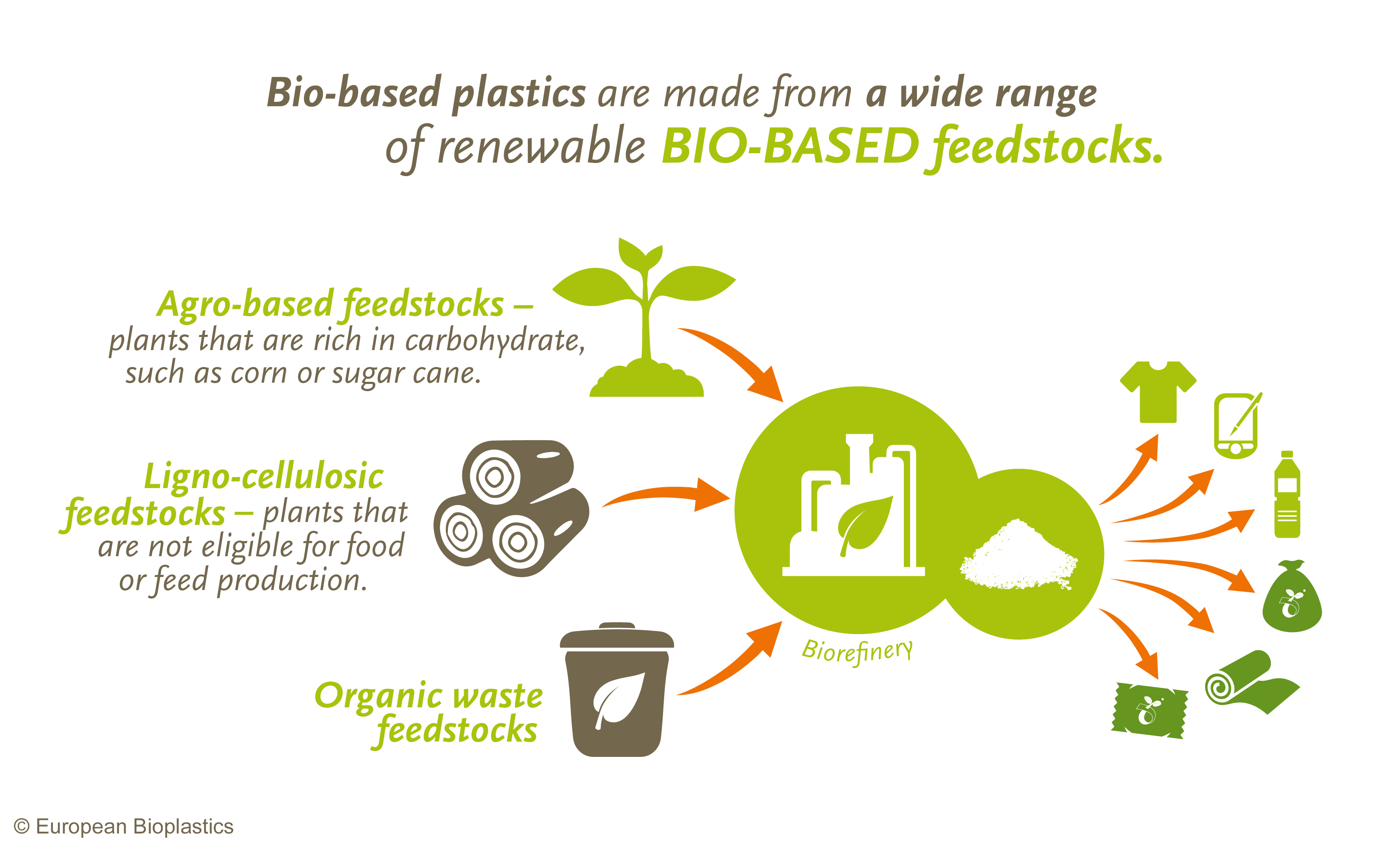How much land do we really need to produce bio-based plastics?
Constance Ißbrücker, Head of Environmental Affairs, EUBP The consequences of climate change and the finite nature of fossil resources constitute two broadly acknowledged challenges for society in the decades to come. Bioplastics, which are derived fully or at least in part from renewable resources, have the unique advantage over conventional plastics to [...]
